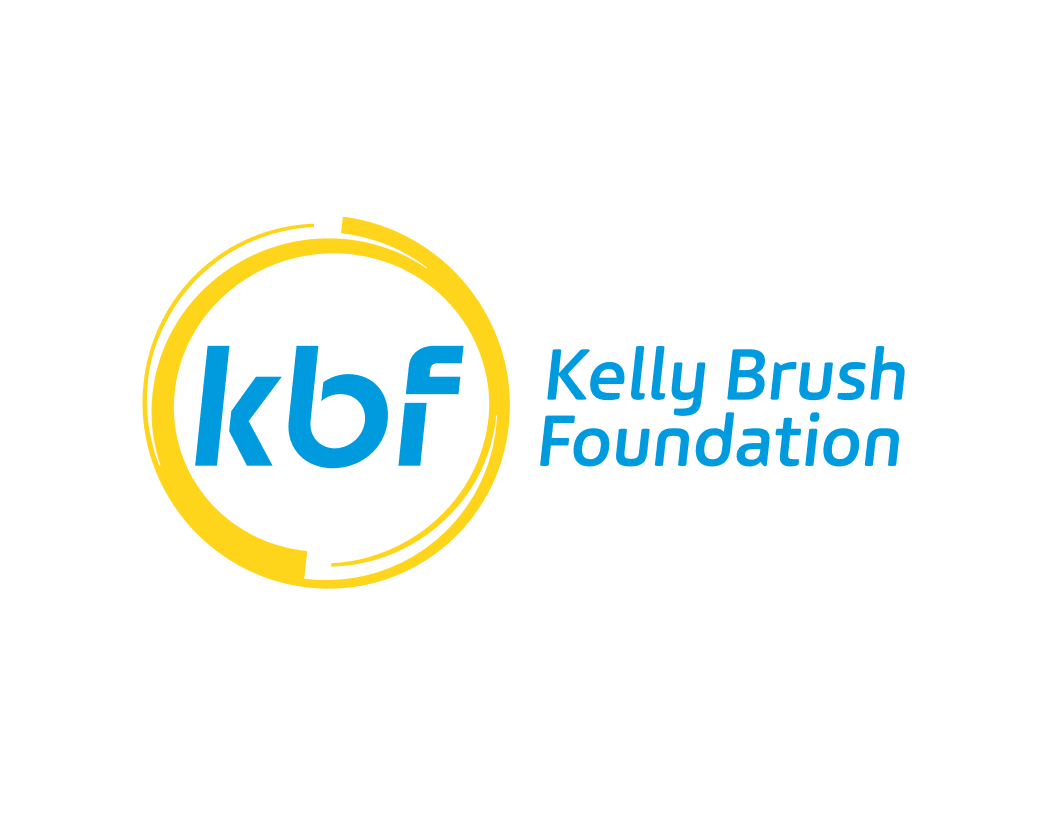In Kelly’s Words – 2020 in Review
Oh 2020, what do we say about you? You were…… something. This is the time of year to reflect back on the past 12 months to appreciate the successes but recognize the struggles. 2020 has certainly had both.
When COVID hit we were two weeks away from Inspire!Boston, our second biggest fundraiser of the year. I remember so clearly sitting in our office (sans masks, how strange that seems now…) debating what to do about that event and how quickly things were changing as the world began to recognize the reality of what we were in. We cancelled Inspire!Vermont in May, a trip out to San Francisco in June, and greatly pivoted what would have been Inspire!SanFrancisco in October to a virtual event for the Bay Area. We switched the Kelly Brush Ride to be fully virtual and we cancelled our awesome annual party at the Killington World Cup.
But what didn’t change and what did we do? We held a spring Active Fund grant cycle, though smaller than we had planned. We fulfilled a summer ski racing safety grant cycle, again slightly smaller than planned. We bounced back with our largest ever fall Active Fund, granting $358,000 to 111 individuals. We hosted our first ever international day of adaptive activity, partnering with two other like-minded organizations and encouraging people who use adaptive equipment to get out and be active all across the world on the same day. And we’re getting ready to launch a new project that will bring information and people together in the adaptive sports world (look forward to more info on this in next month’s monthly email!).
I could not be more proud of our team that we were able to do so much in such a scary and unknown time.
But when taking a 30,000-foot view of this year, I’m struck by the similarities between what we have all gone through during this time and what someone with a spinal cord injury (SCI) goes through in the first several months after their accident.
In May I wrote a blog about how the COVID-induced feelings of isolation, loss, and wishing we could go back to how things were before are so parallel to how someone feels after an SCI. Over the last few months those parallels have just continued. The fits and starts and ups and downs of number of cases and societal restrictions compare to the set back or times that rattle your confidence in the first year after an injury. Just when you’re feeling comfortable in rehab you get discharged and have to find your way at home. Once you are feeling good at home, you return to work or school and need to adjust to the schedule and demands of a job or school. The frustration and emotional swings that come along with these ups and downs is mirrored in the feelings we’ve had over the last 9 months.
So what do you do? You adapt! You find the accommodations you need to be productive and happy. If you have a spinal cord injury, you modify your house, you get into adaptive sports, and you find the routine of the new normal. If you are anyone going through COVID, you set up a home office (if possible), you prioritize activity and being outside, and you find the routine of the new normal. Sound similar? And maybe the most important of all for both: you establish the relationships and connections that you need to succeed mentally and emotionally.
At the KBF, during this scary and unknown time, we were able to adapt. We rethought how we engage with our supporters, something we had already prioritized. We focused on ways to fulfill our mission that we had always dreamed about but didn’t have the ability to prioritize until now. And we saw the demand of the Active Fund, the bread and butter of what we do, go way up because of how much COVID has highlighted the importance of being activity independently right out of your garage.
So much of this was possible because of our incredible supporters who stepped up in a major way when so much else was uncertain. I’m so thankful to all of you who have supported us and understood the importance of our mission. If you have not supported KBF this year, please consider a donation to help us continue to support the spinal cord injury community.
